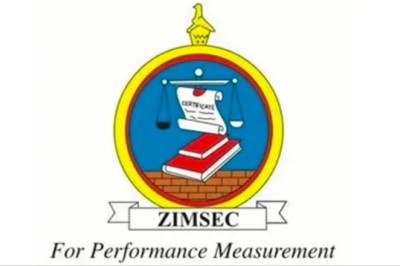
High Court judge Justice Siyabona Musithu has, with immediate effect, reinstated flamboyant businessman Wicknel Chivayo’s Gwanda solar project ruling that Zimbabwe Power Company (ZPC) was in breach of their contract.
Chivayo, through his company Intratrek Zimbabwe (Pvt) Ltd (Intratrek) had sued the (ZPC) US$22 million for defamation after ZPC caused his arrest.
Upholding Chivayo’s application, Justice Siyabona Musithu said;
“Resultantly it is ordered that: The procurement contract for the Engineering, Procurement and Construction (EPC Contract) of the 100MW Gwanda Solar Project (ZPC 304/2015) between the plaintiff and the defendant as amended is valid and binding between them.
“Consequent to the declaration of the validity of the EPC Contract, an order for specific performance of the said contract is hereby granted.
“The defendant’s (ZPC) claim in re-convention is hereby dismissed with costs. The defendant shall pay the plaintiff’s costs of suit in the claim in convention.”
According to Zimmagazine Chivayo had argued that ZPC tarnished his integrity by getting him arrested on fraud allegations emanating from the named project.
In his Judgement, the judge criticised ZPC for trying to torment its legal contractor, who won the project in an open tender.
The judge showered praises on Chivayo and said he was consistent and trustworthy.
Alternatively, Intratrek had argued that it should be granted an award of damages in the sum of US$25 000 000 as it had incurred expenses whilst trying to secure funding for the project.
The judge ruled, “The plaintiff maintained that it was required under the contract to secure funding for the entire project through a debt financing arrangement.
“The plaintiff was expected to engage in a robust and expensive process of engaging international banks and project financial institutions. It incurred expenses in the sum of US$3 000 000 from 2013 to 2018.
“Further, the contract itself was of significant value and if it was to be implemented, the plaintiff expected to realise a return on investment of US$22 000 000. As a result of the breach the plaintiff had therefore suffered a loss of profit.”
























Facebook Conversations